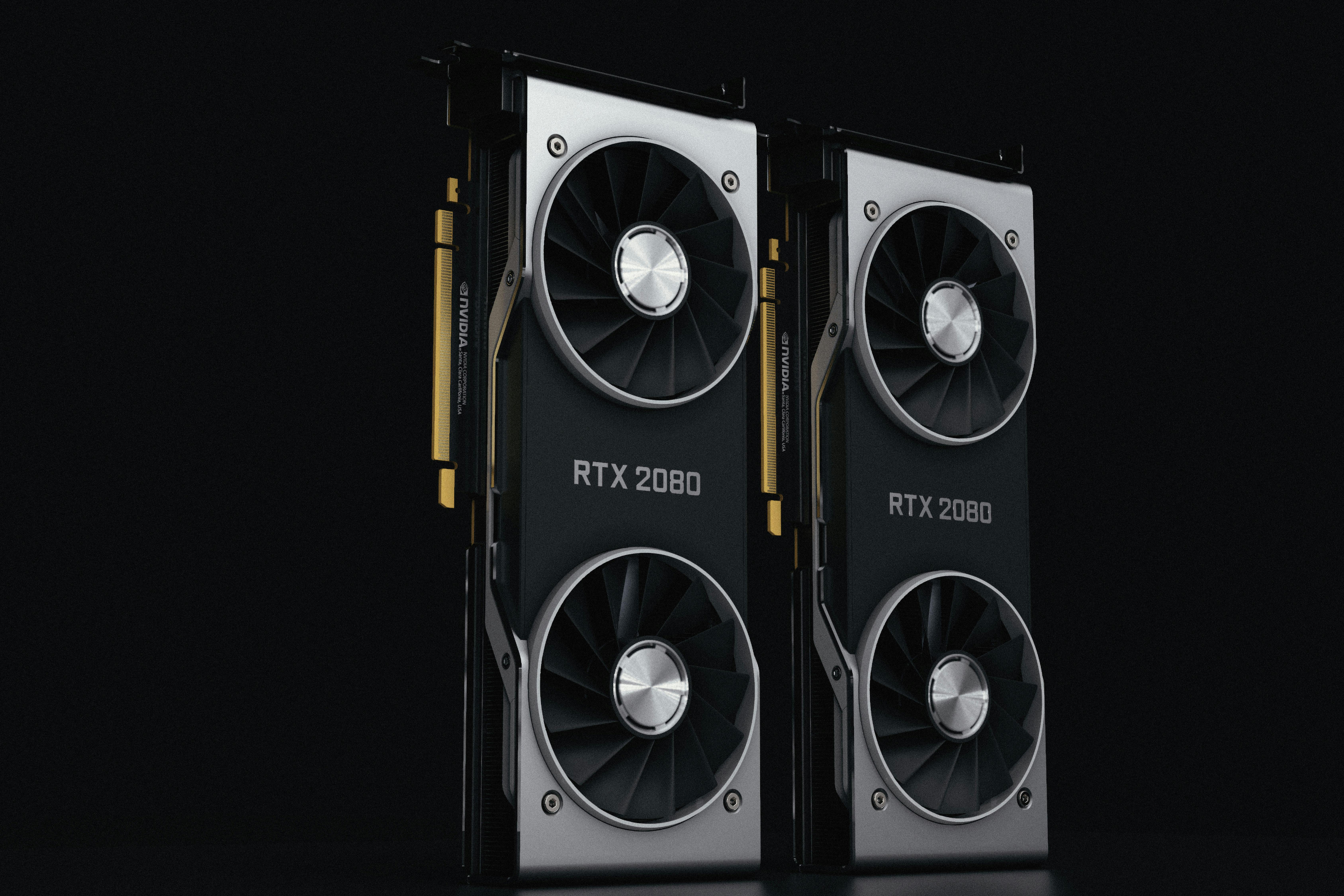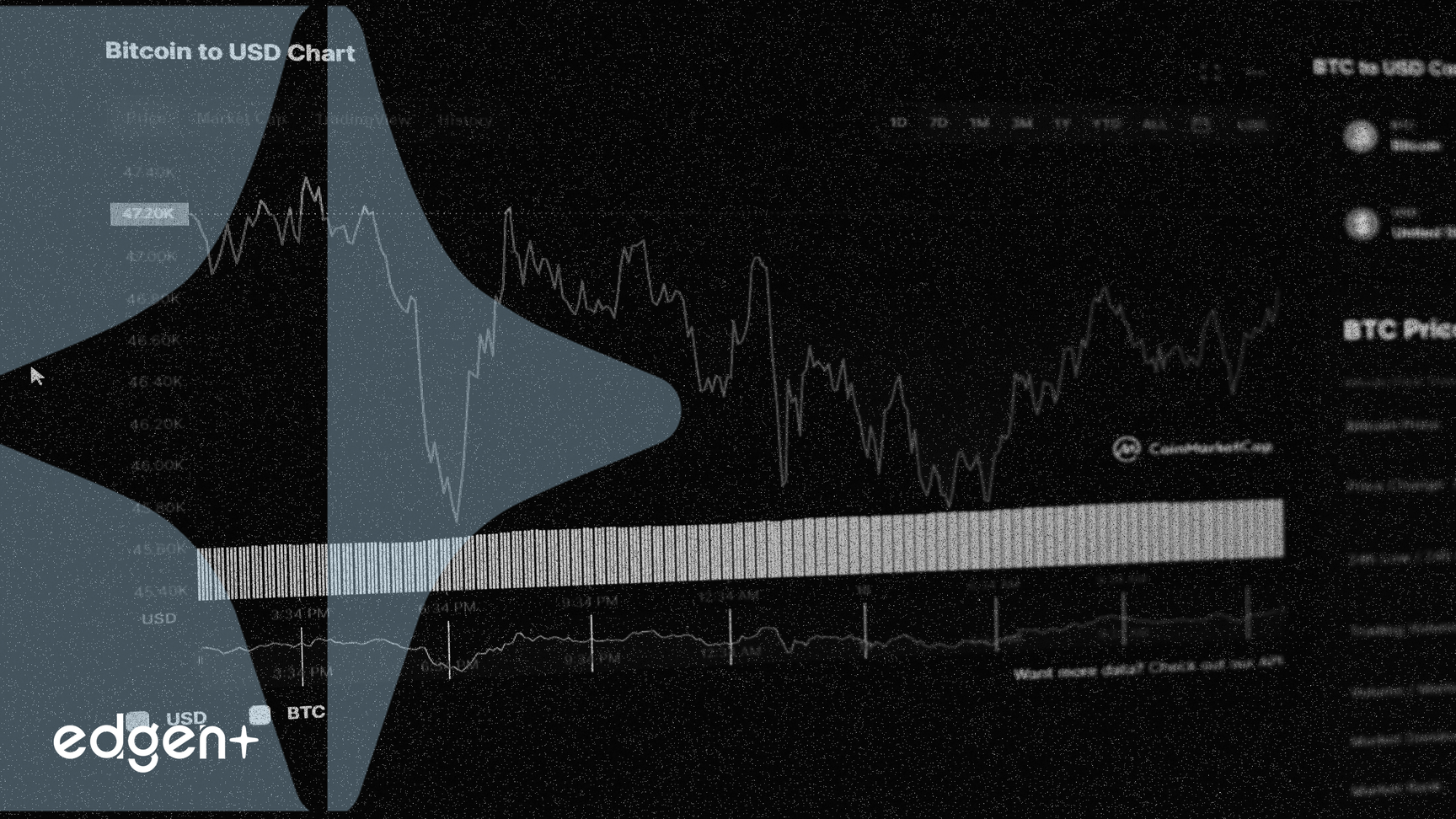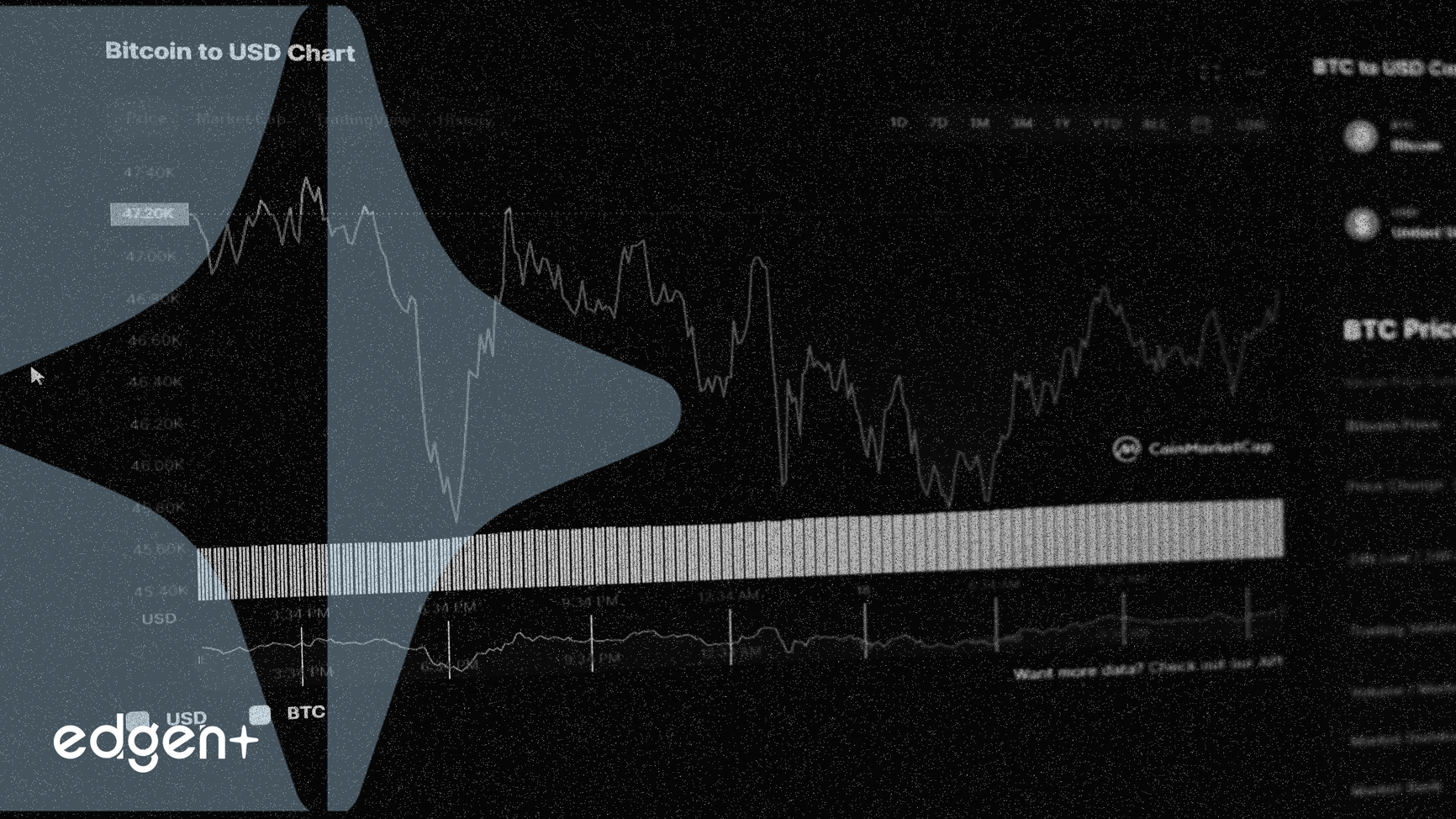Key executives at NVIDIA (NVDA) recently divested significant portions of their company stock holdings, drawing investor attention amidst the technology giant's robust performance driven by strong demand in the artificial intelligence sector. While such sales are often attributed to personal financial planning, they prompt scrutiny regarding future market sentiment.
Headline: NVIDIA Insider Stock Sales Amidst AI Sector Gains
Opening
NVIDIA Corporation (NVDA) has seen significant share divestment by key insiders in early September, drawing investor focus amidst the company's substantial growth trajectory fueled by demand in artificial intelligence (AI) and data center technologies. These transactions, primarily by CEO Jensen Huang and board member Dawn E. Hudson, have prompted market observers to assess the implications for the Technology Sector and AI industry more broadly.
The Event in Detail
Recent SEC filings indicate that NVIDIA board member Dawn E. Hudson sold a substantial block of company shares. On September 2, Hudson sold 72,000 shares at an average price of $170.63, followed by an additional 18,000 shares at $172 per share on September 3. These transactions collectively amounted to approximately $15.3 million and reduced her direct ownership in NVIDIA to 368,887 shares.
Concurrently, CEO Jensen Huang also executed significant sales. On September 3, Huang sold 225,000 shares at an average price of $171.60, generating proceeds of $38.6 million. These sales represent a small fraction, approximately 0.03%, of his total holdings. Combined, the reported insider sales by these two executives exceeded $50 million in early September, occurring as NVIDIA experiences a period of rapid expansion driven by its dominant position in AI and data center hardware.
Analysis of Market Reaction
Insider stock sales, particularly by high-profile executives, invariably attract considerable investor attention. While they can be interpreted as a signal regarding a company's future prospects, these transactions often reflect personal financial planning, such as wealth diversification or liquidity management. Many of these sales, including those by Mr. Huang, are conducted under pre-arranged Rule 10b5-1 trading plans. These plans are established in advance, with predetermined timing and pricing, to legally mitigate allegations of insider trading and allow executives to manage their personal portfolios without real-time market influence.
However, the absence of corresponding insider buying activity during a period of extraordinary stock appreciation is a point of note for analysts. Market participants frequently observe that while there are numerous reasons for insiders to sell shares, the primary motivation for buying is typically a belief in future price appreciation. The current market sentiment surrounding NVDA is characterized as uncertain to slightly bearish, with expectations for continued high volatility, as investors weigh the implications of these divestments against the company's strong fundamentals.
Broader Context and Implications
NVIDIA’s recent insider sales occur against a backdrop of phenomenal stock performance, largely driven by its leadership in AI chip technology and overwhelming demand for high-performance computing in data centers. The company’s stock has surged over 800% since late 2022, contributing to its market capitalization exceeding $4 trillion. Financial results underscore this robust growth: NVIDIA reported Q1 2025 revenue soaring 69% year-over-year to $44 billion, and Q2 fiscal year 2026 data center revenue increased by 56% year-over-year to $41.1 billion.
Despite these strong operational figures, some analysts express caution regarding the company's valuation. NVIDIA’s price-to-sales ratio, currently exceeding 25, is viewed by some as approaching “bubble territory.” This perspective is reinforced by the broader pattern of insider selling, with NVIDIA insiders collectively divesting over $1 billion in shares over the past year, and approximately $500 million in June alone. Executives offloaded over $1.2 billion in shares between September 2024 and July 2025, further indicating a profit-taking trend.
Beyond personal financial planning, the company faces potential risks, including overreliance on AI infrastructure demand, the possibility of a global economic slowdown, increased regulatory scrutiny, and growing competition from rivals such as AMD and Broadcom. Yet, NVIDIA’s strong fundamentals, consistent earnings beats, expansion into new AI markets, and advanced chip architecture continue to foster investor confidence.
Looking Ahead
Investors will continue to closely monitor future insider transactions and the broader sentiment toward the AI sector. NVIDIA's guidance for Q4 2025 revenue of $37.5 billion and Q3 2026 revenue of $54 billion, alongside gross margins near 73%, suggests continued confidence from the company's leadership in the AI market’s trajectory. Key factors to watch in the coming days and weeks include upcoming economic reports, company earnings announcements, and any policy decisions that could influence the technology and AI sectors.



